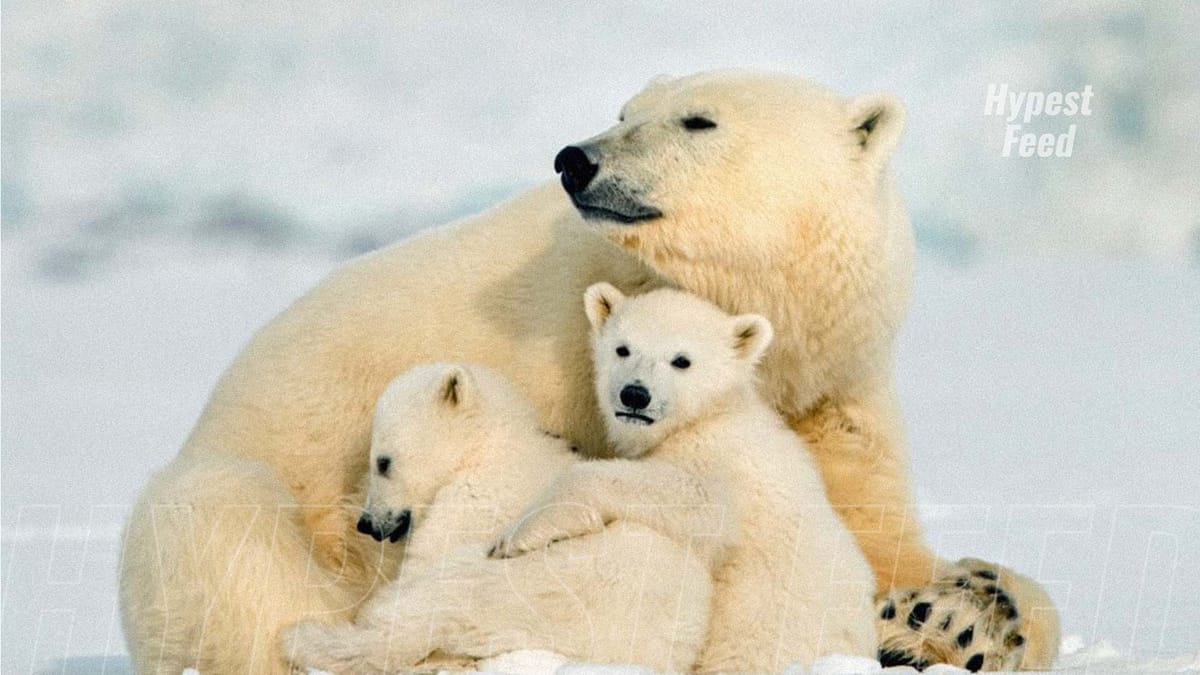Polar bears are facing starvation as melting Arctic sea ice disrupts their hunting habits, forcing them to scavenge on land where they struggle to find enough food. Despite legal protection, rising temperatures pose a grave threat to their survival, as they heavily rely on sea ice to hunt ringed seals. Recent studies in Western Manitoba reveal a significant increase in ice-free periods, leading researchers to track polar bears' activities during the summer months. The findings show that most bears are losing body mass as they struggle to adapt to the changing Arctic environment, highlighting the urgent need for conservation efforts to protect these iconic species.
Important Polar Bear Facts
- Population Distribution:
Approximately 26,000 polar bears exist globally, with the largest population residing in Canada. Other populations are found in the US, Russia, Greenland, and Norway.
- Conservation Status:
Listed as vulnerable to extinction by the International Union for Conservation of Nature (IUCN). Climate change is a significant factor contributing to their decline.
3. Physical Characteristics:
Adult males can reach lengths of about 3 meters and weigh close to 600 kilograms.
- Dietary Habits:
Polar bears can consume up to 45 kilograms of blubber in one meal.
- Sense of Smell:
Possess a powerful sense of smell, capable of detecting prey from distances up to 16 kilometers away.
- Swimming Abilities:
Strong swimmers, polar bears have been observed swimming up to 100 kilometers offshore. They can swim at speeds of around 10 kilometers per hour, aided by slightly webbed paws.
A notable discovery from the study revealed that one polar bear increased its weight by 32kg. Researchers suggest this bear, which primarily rested and conserved energy, likely stumbled upon an animal carcass.
While past studies have addressed long-term climate challenges, this research highlights concerns about polar bears' adaptability. However, some experts argue that climate change impacts may vary by location.
Jon Aars from the Norwegian Polar Institute, not part of the study, mentioned, "It is likely polar bears will disappear from areas where sea ice will be lost in future, but difficult to say just when and where." He added, "Some areas will have good conditions for bears also many decades from now."
The study's focus area may face harsh conditions if sea ice continues to diminish, as predicted. The findings are detailed in Nature Communications.



Member discussion: